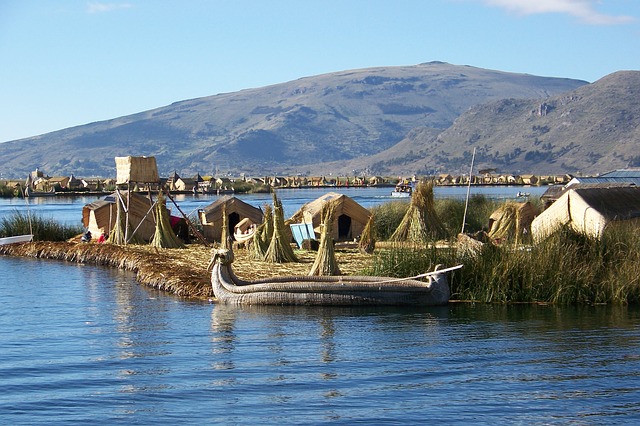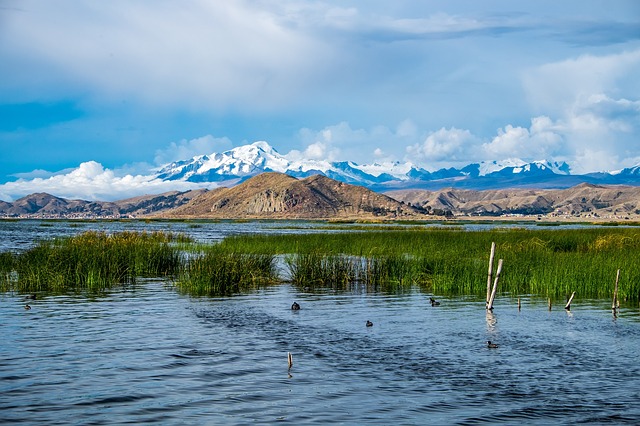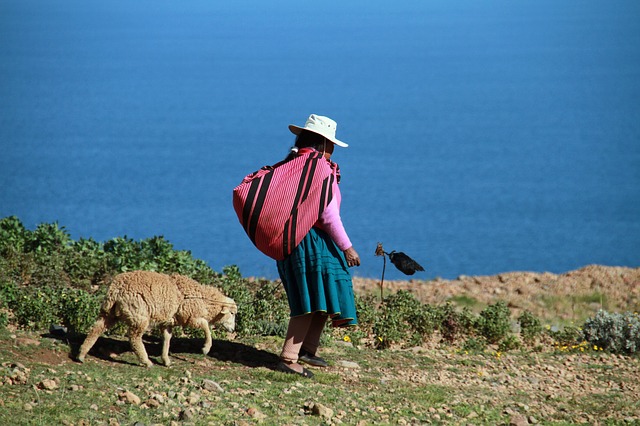
If you have been living in the Andes for more than a few days, you have certainly heard of the famous Lake Titicaca. It is undoubtedly one of the most popular destinations for international and domestic tourists alike. You can choose to spend your vacation at one of the dozens of resorts and hotels dotting this scenic lake, or you can simply hang out at one of its marinas and try your luck casting for blue chips.
This is understandable, since the area is considered to be one of the best fishing spots in South America. And with over 60% of its waters reserved for recreational fishing, you are guaranteed to get some good fish during your stay. The best part about visiting this lake on vacation is that whatever form of fishing you choose to engage in – long-tail, bass, catfish, perch, or salmon fishing – you are guaranteed to get a good catch.
Catch Doesn’t Get Stuck And Drowned

But as with most lakes, there are certain rules and regulations that fishermen must follow to make sure that their catch doesn’t get stuck and drowned. And for those who have yet to catch a single fish on Lake Titicaca, know that it doesn’t take many casts to hook the largest fish in the lake. For starters, be wary of those big carp that are floating around. Although these fishes are easy to catch during their spawning seasons, they can still grow to large sizes during their adulthood, and if you aren’t careful, you could easily be stuck with a couple of dead carp on your hands.
And don’t forget that smaller but great tasting fishes aren’t necessarily safe from the predatory fish that live in the lakes. The catfish, smallmouth bass, and walleye all have the ability to suck the life out of any live or dead bait that rests in its waters. And although it can be difficult to prepare for their aggression, having a quality pair of waders is still essential to ensuring a successful fishing trip on Lake Titicaca. And to ensure that your gear is ready in a hurry, choose to rent a boat from the fishing charters available around the lake.
Look Also For Human Beings

But even before getting out on the water, you need to do a little scouting to make sure that there aren’t any dangerous situations lurking around the area. A great place to start is by looking for any possible structures, such as an abandoned boat, an old bridge, or other debris that might pose a threat to you and your crew. Look also for human beings. In most cases, human beings wandering near the water’s edge are a sign of a nearby hungry cat or other predatory fish. And remember that boats traveling at the speed of six miles per hour and faster are more susceptible to accidents than other vessels, so it pays to be extra cautious when driving them.
You should also take note of the weather and the time of the day. The best time to fish on Lake Titicaca is between the hours of dusk and dawn. Because at this time, the lake’s darker waters have more oxygen and are ideal conditions for fish to hunt for their sustenance. But at noon, the water can become too cool for the fish, which is also its most prime hunting period.
Fishing Is Better Off Avoided Altogether
However, there are times when fishing is better off avoided altogether. One of these times is during a full moon, which happens to be the best time of the year for catching large numbers of carp. Aside from the fact that the sun doesn’t rise high enough to provide adequate lighting, there is also the risk of being caught by surprise by a herd of hungry bears, which is native to the area.
So if fishing during the dead of the night is impossible, don’t bother trying it. Better stick to fishing during the day, when the sun is high and helps a lot in shining lights on the water. When it comes to bait, the traditional choice baits such as sardines, anchovies, mackerel, and other such foods. However, these have changed lately with the introduction of plastic baits.
Conclusion
It has been noted that even though these baits may attract a few fishes during night fishing, they may not be worth the catch they yield. This is due to the rapid deterioration of natural bait over time. It is highly recommended that you use either live or frozen baits for fishing in any lake, even the famous Lake Titicaca.





